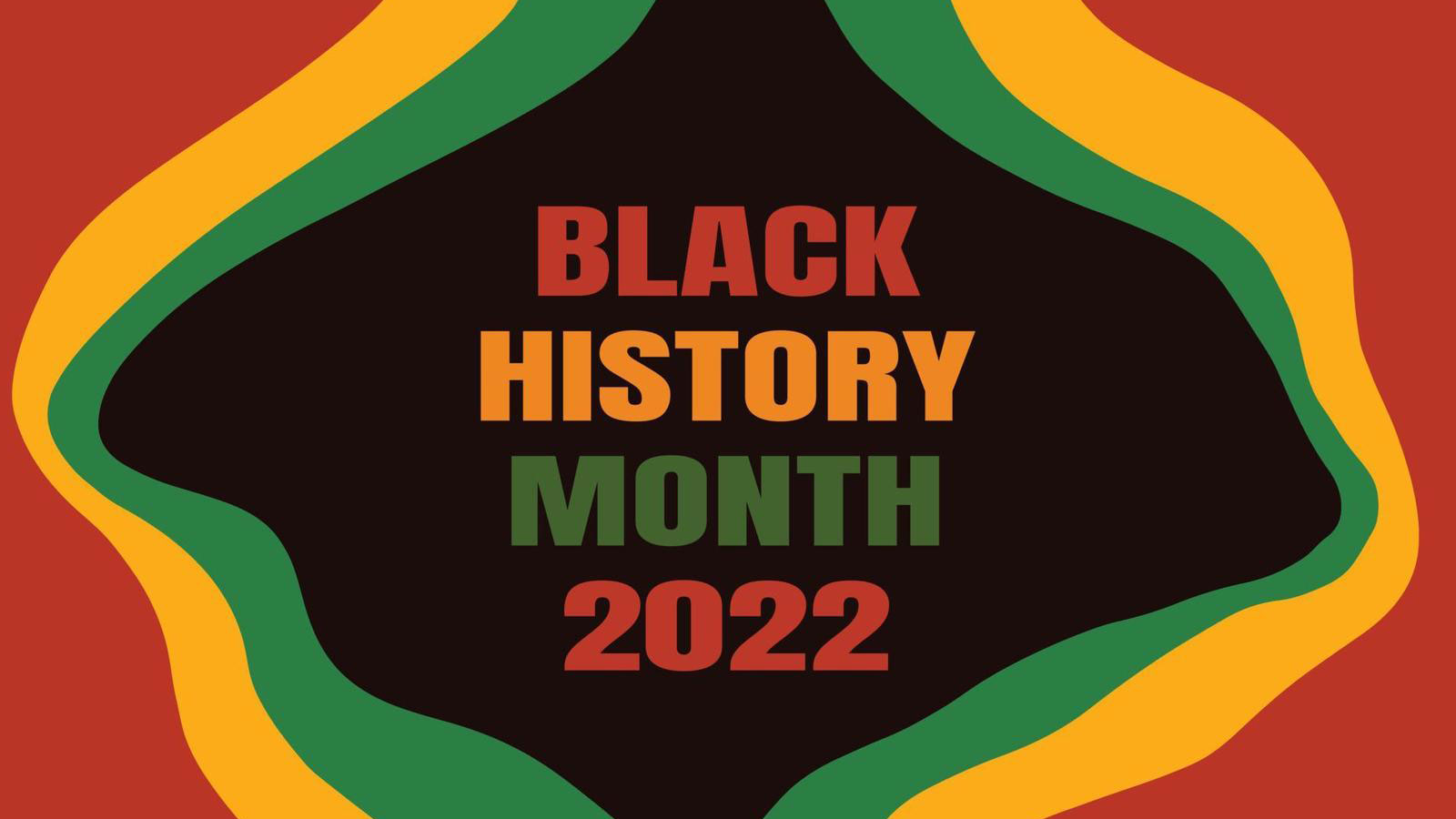Celebrating Black History Month
Published on February 2, 2022
Did you know that Dr. James McCune Smith (1813-1865), a brilliant abolitionist and author, was the first African-American to receive a medical degree?
Join Alive for Black History Month as we take a look at “The Firsts,” a diverse group of individuals who were the first to break through racial lines to make a positive impact.
Black History Month dates to 1915, when Harvard-trained historian Carter G. Woodson and prominent minister Jesse E. Moorland founded the Association for Study of Negro Life and History (ASNLH). In 1926, the group sponsored the first national Negro History Week, and in the decades that followed, many cities began issuing yearly proclamations and recognizing Negro History Week. It wasn’t until 1976, that President Gerald Ford officially recognized Black History Month.
It’s hard to believe that over 100 years after the early dreams of Carter G. Woodson and Jesse E. Moorland, we are still breaking through “The Firsts” and hoping for a more inclusive and equitable society.
Read on for trailblazing African Americans who achieved firsts in the field of medicine, overcoming racial, social and economic barriers to create Black history, present, and futures.
Dr. James McCune Smith (1813-1865)
Dr. James McCune Smith was an American physician, apothecary, abolitionist, and author. He was the first African American to hold a medical degree. Dr. Smith graduated at the top of his class at the University of Glasgow in Scotland and published many articles and writings on the misconceptions about race, intelligence, and medicine.
Mary Eliza Mahoney, RN (1845-1926)
In 1879, Mary Eliza Mahoney became the first African American to study and work as a professionally trained nurse in the United States. For decades, women of color helped heal the sick and injured without the opportunity for professional training. Mahoney maintained a private nursing practice during an era of racially prejudiced public nursing and later helped establish the National Association of Colored Graduate Nurses. She was widely known for her high skill and professionalism among her prestigious clients and patients.
Dr. Daniel Hale Williams (1856-1931)
Dr. Daniel Hale Williams made history as the first African American cardiologist and the first surgeon in history to perform a successful open-heart surgery on a human. In 1893, Dr. Williams completed this operation without any x-rays, antibiotics, surgical prep-work, or tools used in modern practice. In addition to this groundbreaking achievement, Dr. Williams founded the first interracial hospital in Chicago in the 1880s, serving on the Illinois State Board of Health and later becoming a charter member of the American College of Surgeons.
Dr. Alexa Irene Canady (1950 – )
In 1981, Dr. Alexa Irene Canady became the first female African American neurosurgeon in the United States. Her research in children includes studies on the effects of hydrocephalus, a condition characterized by the excessive accumulation of fluid in the brain. Canady officially retired from practicing medicine for a second time in 2012, yet she continues to be an advocate for encouraging young women and African American students to pursue careers in medicine and neurosurgery.
Chidiebere Ibe (1996 – )
Chidiebere Ibe, medical student and artist, is known for creating the first medical illustrations featuring Black bodies. Diverse illustrations help foster empathy and improve patient care through visual problem-solving. Ibe combined his passion for art and medicine to begin fixing the inequality in visual representation for those of different ethnicities.

